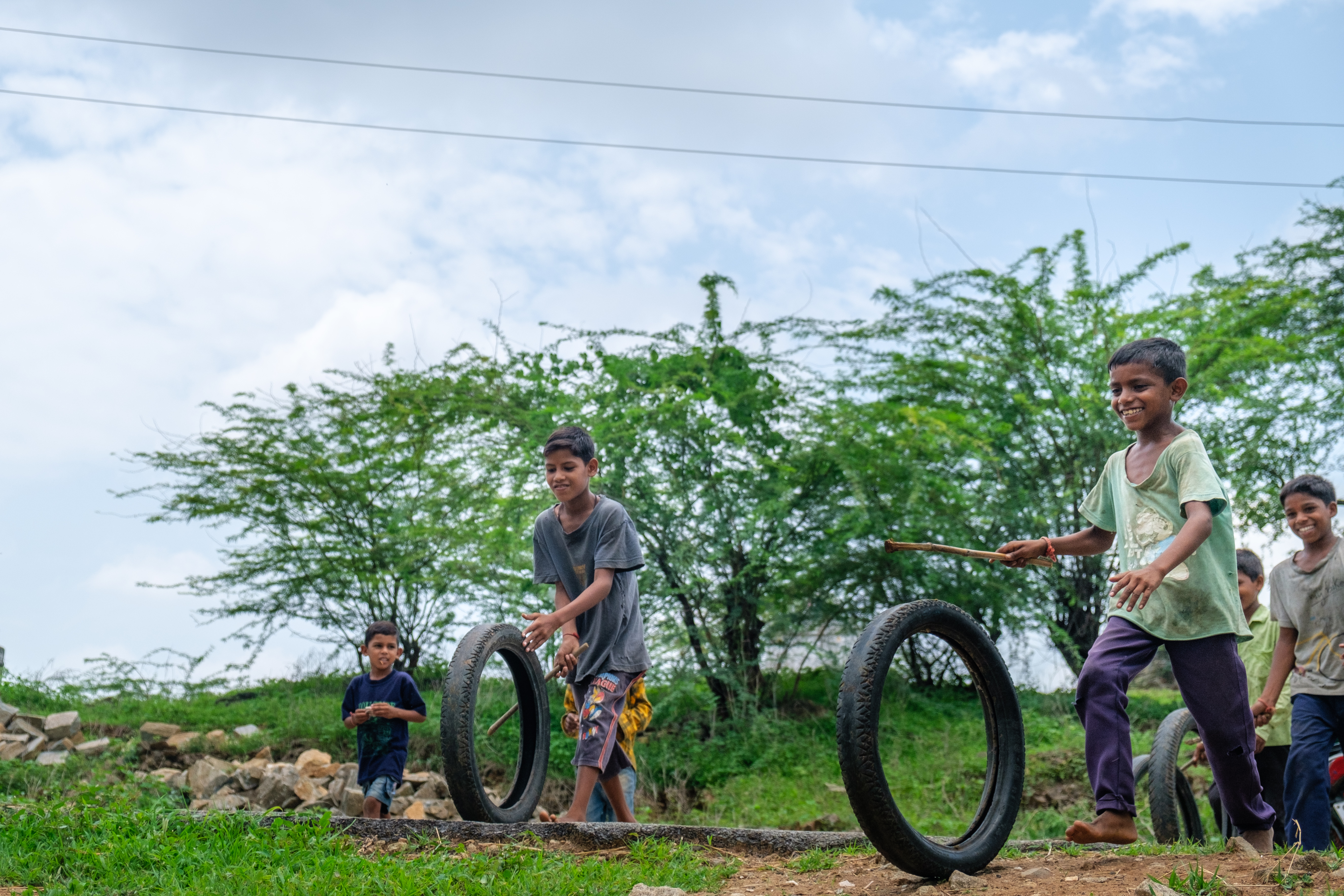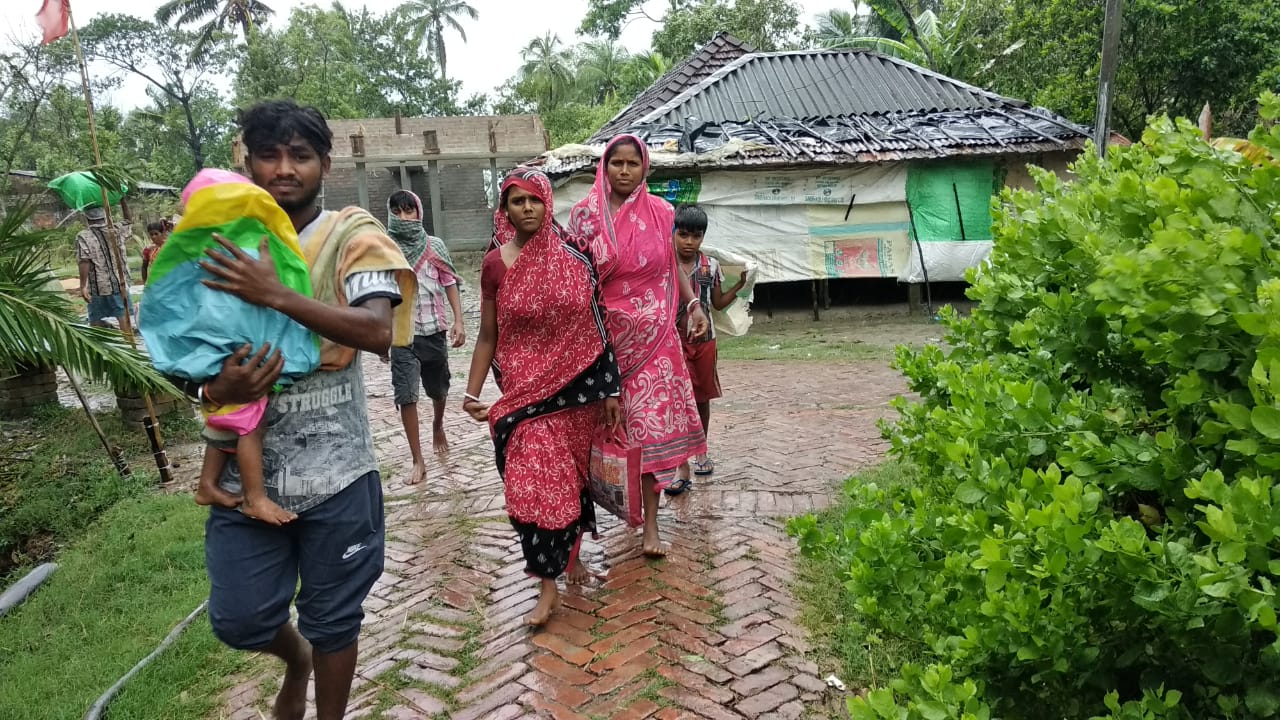Without action now, climate change will exacerbate the inequalities that children already face, and future generations will suffer.

21 of the world’s 30 most polluted cities are in India (IQ Air Report, 2020) and a Lancet study from 2018 estimates that air pollution in India killed 1.24 million people in 2017 (12.5 per cent of total deaths). Yale’s Environmental Performance Index ranked India at 177 out of 180 countries, based on four performance indicators measured in 2018.

For children who are already disadvantaged, the stakes are even higher. Poorer families have a harder time coping with shocks. The most vulnerable are already losing their homes, health and education. As climate change makes crises more common, it becomes harder to recover from them.
UNICEF works with partners at global and local level to ensure that children can live in a safe and clean environment. Our actions are structured around four approaches:
- Making children the centre of climate change strategies and response plans
- Recognizing children as agents of change
- Protecting children from the impact of climate change and environmental degradation
- Reducing emissions and pollution
UNICEF India
UNICEF has created a toolkit for young people to raise awareness and take action against COVID-19. Many of these lessons and guidance can also be applied to climate change, such as helping to combat misinformation online. We can all play a part in spreading accurate facts and science, countering the misinformation that puts lives at risk.
UNICEF is also dedicated to environmental sustainability in its own operations. We are working to transform how and where we work to reduce greenhouse gas emissions and environmental impact, and we have established a dedicated internal fund to support this process. This also includes reducing water and energy consumption, paper use, and waste. Our office in New Delhi uses solar power and we have a battery run vehicle.
Click here to learn more about our work globally.